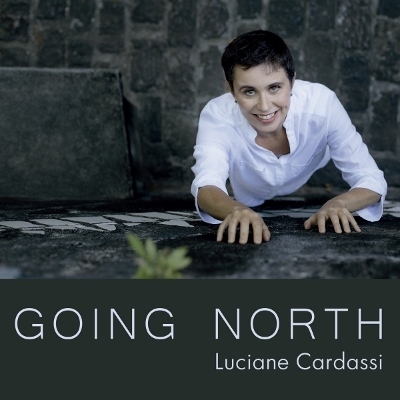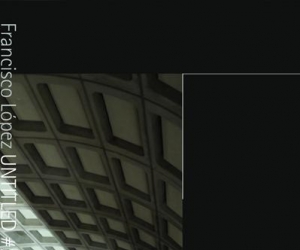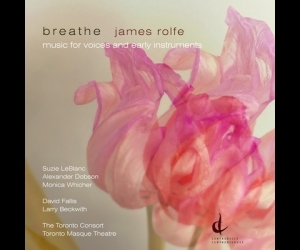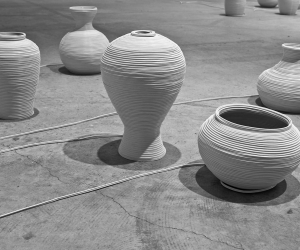
There is a moment on “Wonder,” the third piece performed by Luciane Cardassi on her new album, Going North, when the Brazilian-Canadian pianist recites a particularly poignant verse: “The soul looks around, hoping to get a glimpse of its origin.” This extract from a poem by Sue Sinclair and set to piano by composer Emilie LeBel is illustrative of the expansive grandeur of Going North and the broader themes explored therein.
Here, Cardassi curates and performs eight pieces for piano, voice, and electronics in collaboration with several peers from both her native Brazil and her adopted homeland of Canada. The result is a meditative, interweaving patchwork of expressive piano styles, electroacoustic experimentation, and intimate vocals.
Going North warrants two different modes of listening that prove equally rewarding. There is a sense of immediacy in these works that the listener can easily get lost in; Cardassi is carefully attuned to the intricacies of her instrument, making use of extended techniques that impart a live, improvised feel to her performances. On another level, several compositions take on new significance with a knowledge of their background: Terri Hron utilizes old cassette recordings of her family on “AhojAhoj”; Alexandre Espinheira uplifts Afro-Bahian culture on “Berimbau”; and Cardassi pays tribute to her departed friend Fernando Mattos on “The Boat Sings.”
Going North benefits from a diversity of expression that Cardassi universalizes in a simple but profound existential inquiry: where are we from and where are we going?


